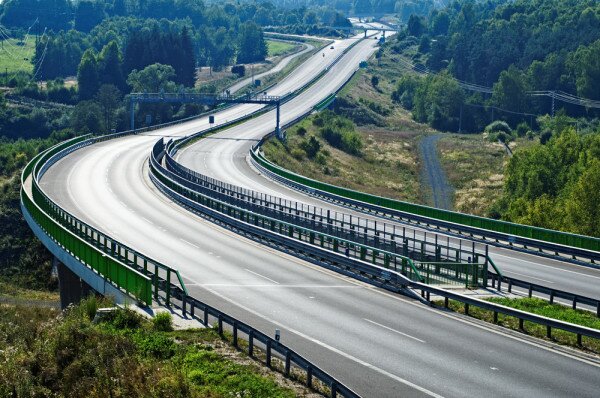
South African National Roads Agency Limited (SANRAL) spokesperson Vusi Mona has referred to members of anti-e-toll lobby group the Opposition to Urban Tolling Alliance (OUTA) as “recently rehabilitated smokers”.
He said the group fervently preaches the “new health gospel”.
“Whenever one hears from OUTA or reads their various missives, the first reaction is a deep sigh followed by the thought: can they please find at least one new thing to say?” said Mona.
Mona’s views were published in a SABreakingNews opinion piece in reaction to OUTA chairman Wayne Duvenage sharing his sentiment on the downfalls of the gantry system in Gauteng.
Duvenage explained how the current e-tolling system – whereby no booms are incorporated into the infrastructure – is risky.
“For a user pays system to work it must be designed, planned and efficiently managed to ensure that ‘ALL’ users pay. In a ‘boom-down’ tolling situation, the environmental mechanism applied ensures that 100 per cent of users of that stretch of road will pay, i.e. ‘No pay – no lifting of the boom’,” said Duvenage.
“Electronic tolling (or e-tolls) on the other hand is a completely different situation. While the end it seeks is the same (to extract funds from the wallet of the road users), the means is an extremely risky one.”
He said the reasons for the current system not working include lack of endorsement by the general public, high cost of collection, untrustworthy technology and data, and lack of alternatives including public transport.
Mona responded by saying: “The user-pay principle is always in the mix. Really, by now it must be generally known, even by OUTA, that the fuel levy has not been an option since 1998 and that the funds raised by the levy go into the general revenue fund. And that SANRAL executes government policy – not makes it – when it comes to the user-pay principle.”
He said those with e-tags experience no problems with the system, while those without continue to be exposed to a “diminishing number of problems”.
Image courtesy of Shutterstock

















